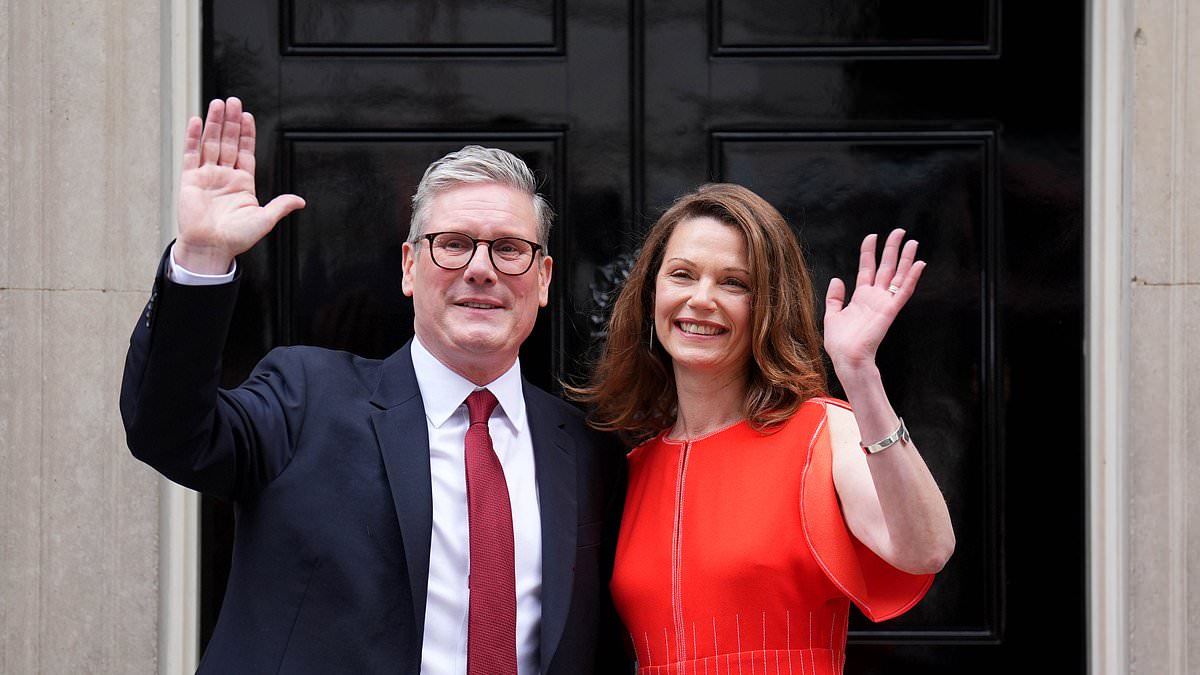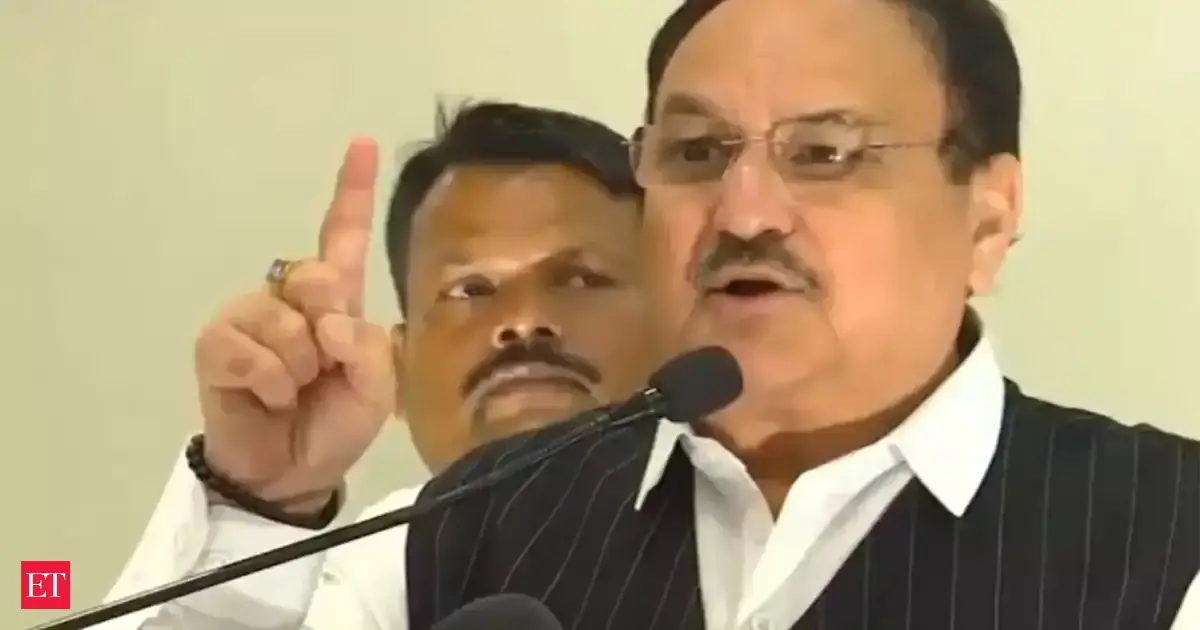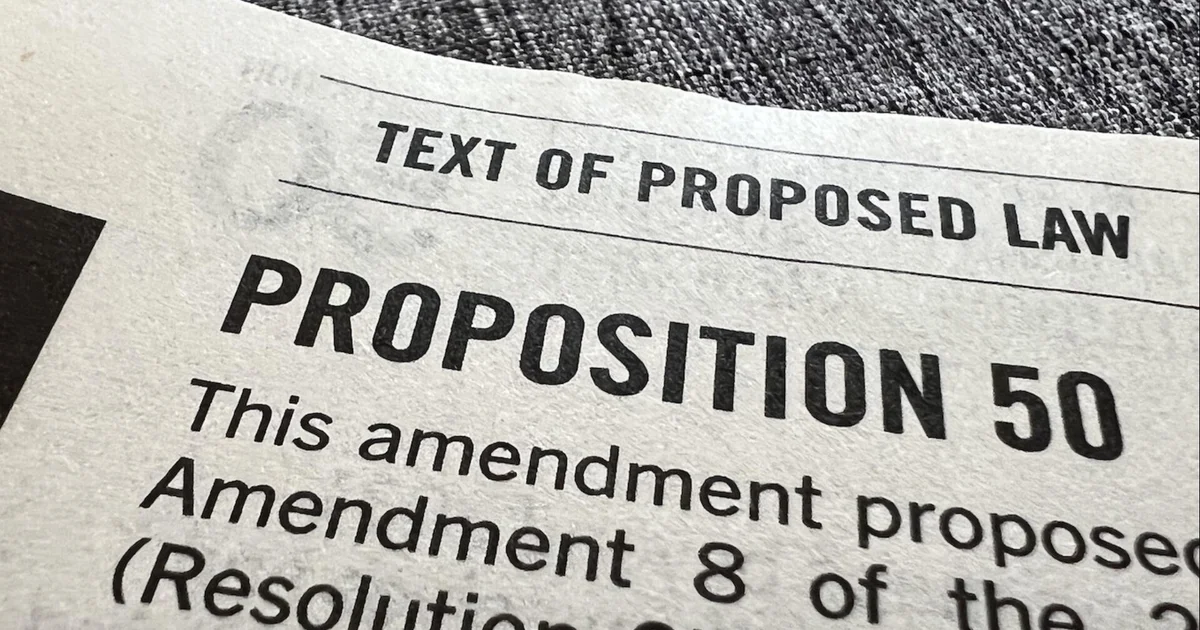Copyright dailymail

Political aphorisms live on long after they cease to be true. For example, it is still said that 'loyalty is the Conservative Party's secret weapon'. Yet Margaret Thatcher found this was not the case, after she was, in effect, sacked by her own party 35 years ago (in November 1990). It was the first time a Conservative Prime Minister had been removed in this way – and then became a habit the party seemed to find hard to give up. Not so with more loyal Labour: none of its Prime Ministers had endured such an undignified end to their time in office. But Sir Keir Starmer is set to enter the history books as the first Labour PM to be voted out of Downing Street by his own MPs and party membership – unless he takes the hint and stands aside before such a humiliating denouement. One reason this seems more likely than not is that during the 2024 Labour Party Conference, the rules were changed in such a way that makes a leadership challenge possible at any time. This insight comes from Peter Kellner, a founder of the polling company YouGov and whose wife is a Labour peer. Before, the relevant rule had stated: 'Where there is no vacancy, nominations may be sought by potential challengers each year prior to the annual session of Party conference. In this case any nomination must be supported by 20 per cent of the Commons members of the Parliamentary Labour Party.' But in 2024, the words 'each year prior to the annual session of Party conference' were excised. Many supposed this meant there would not be the automatic annual possibility of a challenge, making it less of a concern to whoever is the leader. Yet, as Kellner points out, 'the change meant the restriction to an annual challenge was removed. At any time, if 80 MPs [20 per cent of the current number on the Labour benches] agree on an alternative candidate, the leader can now be challenged. 'It is one of the immutable laws of politics that if plotting is allowed, plotting will happen. That is why last year's rule change matters.' It generates a perpetual feverishness which is hard for a party leader in strife to contain – as Boris Johnson discovered in 2022. When that Labour rule change came into effect, it was only three months after Starmer had led the party to a landslide General Election victory, as the Conservatives endured their worst result, in terms of parliamentary seats, of their history. So the idea of a challenge to Starmer's leadership would not have occurred to party members voting through this amendment, part of a wider tidying up of the rule book under the bland general heading 'administrative changes to language'. But in the 12 months since then there has been another political landslide – a cataclysmic drop of public support for both Labour and, more personally, its hapless leader. During the General Election, Starmer, astoundingly, compared himself to Margaret Thatcher, claiming he possessed her 'driving sense of purpose', adding: 'You can distinguish leaders into those that had a plan and sense of mission and those that drifted.' He has, indeed, demonstrated that distinction in action – unfortunately for his party and the country – as a leader with no plan, who drifts confusingly from one expressed view to the opposite. Most noticeably over immigration: one month he warned that the country was in danger of becoming a 'island of strangers', echoing the words of Enoch Powell; the next, he recanted, saying he 'deeply regrets' what he had said (without explaining either why he said it or why he regretted it). This habitual indecisiveness ends up alienating millions on both sides of the argument. This contempt is manifest in recent polling results. YouGov's latest 'political favourability ratings', show Starmer at a net figure of minus 51 per cent (21 per cent approve, 72 per cent disapprove), the lowest ever recorded for any Prime Minister. Meanwhile only 17 per cent say they would vote Labour, the same as the still discredited Conservatives and just one point ahead of the Greens, led by a man who makes the Monster Raving Loony Party seem a safer guardian of the economy. Reform UK is at 27 per cent. But what will most determine Labour MPs to look at their revised leadership election rulebook is that this week, for the first time, those polls show voters now regard Nigel Farage as more fit to be Prime Minister than Starmer. As recently as July, the Labour leader still had an 8 per cent lead over the leader of Reform in what we might describe as the responsibility stakes. Now the unpredictable Farage has leapfrogged the supposedly proficient technocrat – because the technocrat turned out to be hopeless at the one thing such people are meant to be good at in compensation for their absence of charisma: devising and executing well-thought out policies. Worse, Labour's stunning loss of its Senedd seat of Caerphilly to the Welsh nationalists showed the party is simultaneously vulnerable to Left-wing alternatives. And it will be from Labour's so-called 'soft Left' where the internal challenge might soon come, based on the idea that such a figure might pull back those thinking of voting Green or for the ramshackle socialists of Your Party, led – if that is the word – by the former Labour MPs Jeremy Corbyn and Zarah Sultana. This will become still more likely if, in the elections to the Scottish and Welsh parliaments in May, which will be on the same date as the council elections in England, Labour is eviscerated by the SNP in Scotland and Plaid Cymru in Wales. Who might be such a candidate? Not Lucy Powell, the woman the PM sacked from his Cabinet; though 269 Labour constituency parties endorsing her for deputy leader, as against 165 for the Education Secretary Bridget Phillipson, was a proxy leadership election lost by Starmer. Powell had run the 2010 leadership campaign of Ed Miliband, when the man who invented the Climate Change Act triumphed over his older brother David. And he is the person to watch. Starmer tried to move Miliband out of the Net Zero hot seat in his recent Cabinet reshuffle. But Ed dug his heels in and prevailed. He will suspect Starmer, having tried once, will have another go. So perhaps the messianic Miliband will move first. Reader, you might find this hard to fathom, but eco Ed is far and away the most popular Cabinet minister among Labour Party members, with a net approval rating, according to Labour List's regular membership poll, of more than 71 per cent. And remember, it is Labour members, not the MPs, who have the final say in any leadership election. The Energy and Climate Change Secretary would fit the bill of a candidate to 'unite the Left' against the Reform juggernaut. But as I contemplate the prospect of Ed Miliband becoming PM, a fate the country escaped in 2015 by handing the keys to No 10 to David Cameron's Conservatives, I wonder if we should regret that Labour changed its rulebook to make a leadership challenge easier.



